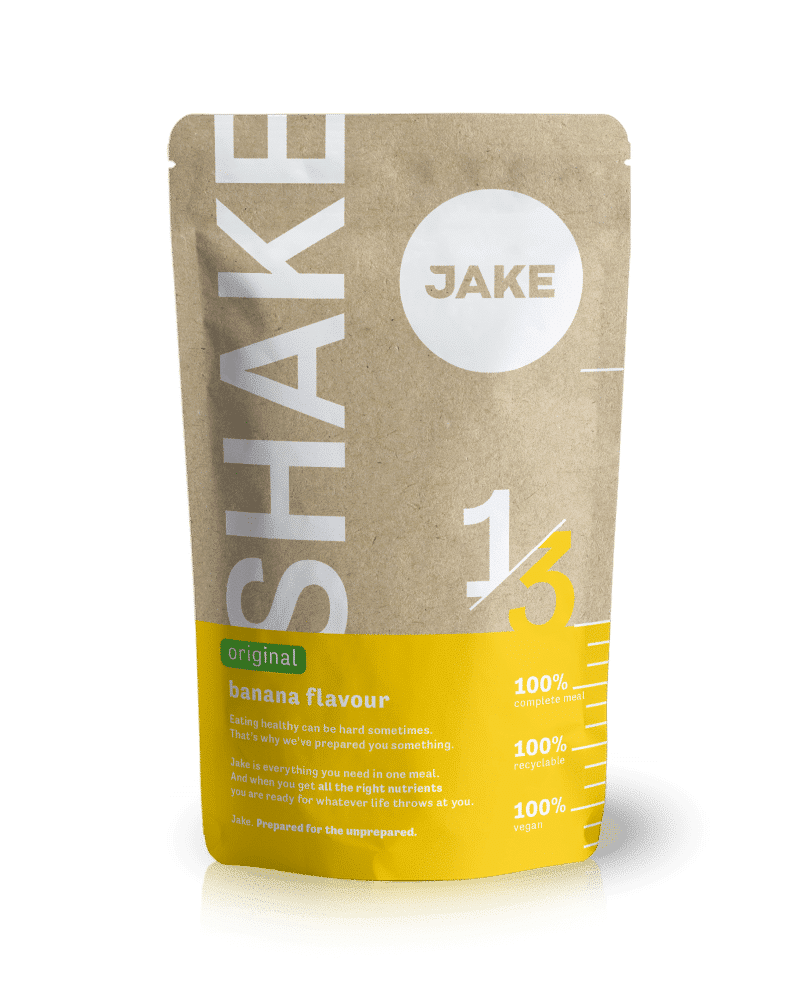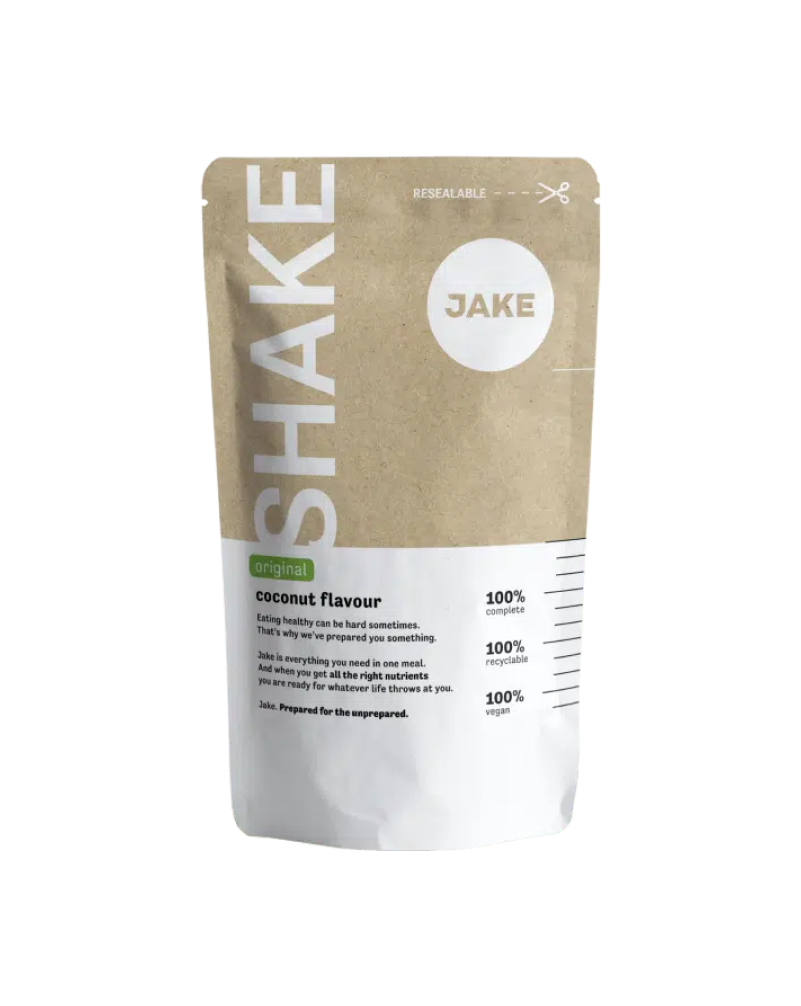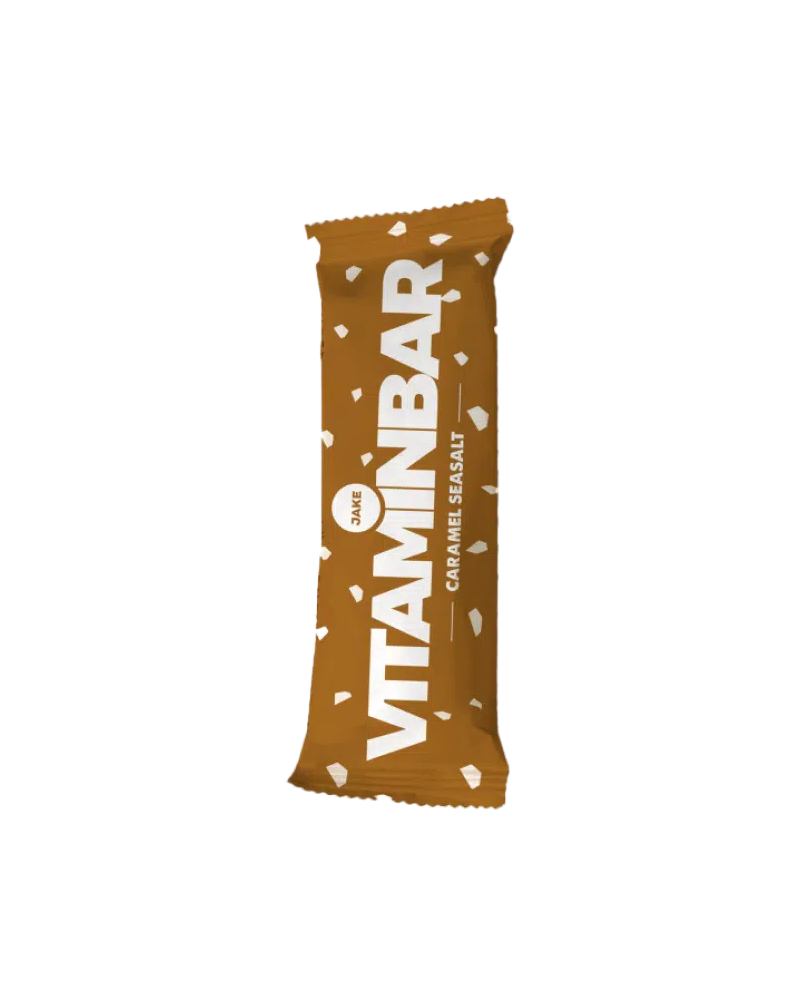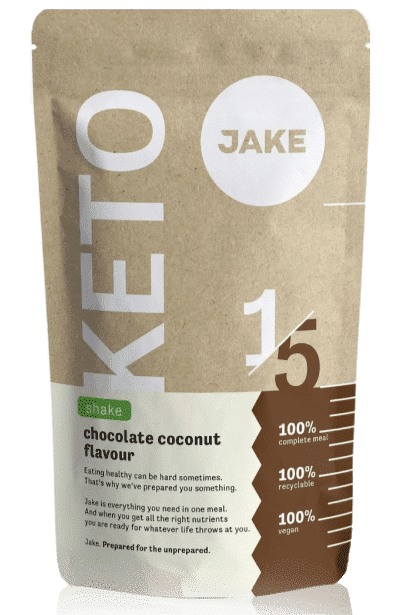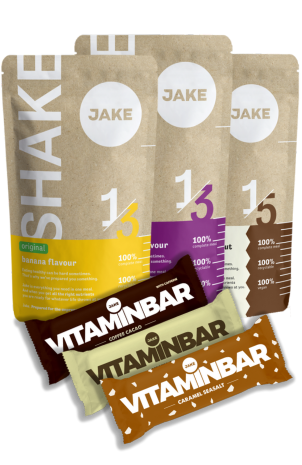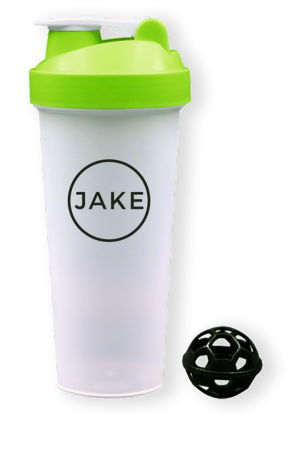10-minute read•February 15th, 2019
If you’re finding it hard to concentrate and your brain is as hazy as the skies over Beijing, I’ve good news and bad news. The good news is, there are some solutions. The bad news is, none of them are magic. But with a couple of small tweaks in the way you eat, you can be on your way back to productivity soon enough.
What I want to share with you here is a list of foods that will benefit your brain function in the long run, if you make them part of your daily routine. And for those especially tough days, I’ve included some entries that can help you focus when you urgently need to.

3 foods to add to your daily routine
There’s only one way to help your brain be at its best, and that’s by providing it with enough of all the nutrients it needs. This applies at any time, though the effects of not doing it are especially obvious during a busy period when you need to stay focused and productive. Once you find yourself there, there’s no magic food that will help you at once. So, think ahead and enrich your regular diet with more brain-friendly nutrients. These three foods are a good start:
#1: Fatty fish
Fatty fish, such as salmon or mackerel, combines several of the key nutrients your brain needs to do its job.
First, it’s a good source of omega-3 fatty acids. Omega-3s help keep cholesterol levels healthy, which contributes to good blood flow. Source:Omega-3 Fatty Acids in Brain and Neurological Health. Next to omega-3s, fatty fish also contains vitamin D, which contributes to the production of cells and tissues.
Vitamin B12Source:Jake is another nutrient abundant in fatty fish, and it plays an important role in the functioning of nerves.
- How to integrate in your daily routine:
You don’t have to eat fish all the time to make the most of its nutrient content. But try adding it to your menu at least once a week – as lunch or dinner. And, pick the right type – the common fish types richest in vitamin B12, omega-3 fatty acids, and vitamin D are salmon, catfish, herring and sardines.
Mackerel and tuna are also a good source of all the nutrients I’ve listed, but they both accumulate high levels of mercurySource:Wikipedia, which can have negative health effects over time, for your brain and your whole body. You don’t have to avoid tuna and mackerel completely, but it’s best not to have them regularly. And if you feel like having mackerel, go for a type that accumulates a bit less mercury – e.g. Atlantic mackerel – and try to avoid king mackerel, which is one of the front-runners of mercury accumulation among fish.
#2: Complex carbs
Unlike simple carbsSimple carbs are carbs whose molecules are made up of 1-10 sugar units. Examples of simple carbs are glucose, fructose and sucrose (table sugar). You’ll find them in junk foods, as well as dairy products and honey, among others., complex carbsComplex carbs are carbs whose molecules are made up of more than 10 sugar units. Examples are fibre and starch. Some of the foods where you’ll find them are fruits, beans, oats and nuts. are digested slowly and gradually. As a result, they don’t cause a spike in your blood sugar when you eat them and don’t leave you in a sugar crash a couple of hours after a meal. Instead, complex carbs give you a stable flow of energy. You’ll appreciate how important that is for your concentration if you’ve ever had to work through an afternoon slump.
Food containing complex carbs have additional benefits for the brain. Especially interesting are whole grains, legumes and sweet potatoes. They contain nutrients such as magnesium, zincSource: Jake and C. MagnesiumSource: Oregon State University, zincSource: Oregon State University have a positive influence on the cell division process. At the same time, vitamin CSource: Jake contributes to the formation of collagen which is important for a good condition of the blood vessels.
- How to integrate in your daily routine:
You’ll get the most benefit for your brain if you make an effort to avoid simple carbs and replace them with complex carbs as much as possible throughout the day. A good way to start is at breakfast. Even if you’re not a fan of eating in the morning, something small and simple, such as oatmeal or a slice of wholegrain bread with some avocado spread, will be worth your effort. The whole grains will keep you full and give you stable energy until your next meal.
To avoid the dreaded afternoon slump, it’s important that you also pick your lunch wisely. For example, go for a lentil or bean soup, or get a side dish of sweet potatoes with your meal. And forget about getting a sugary drink, energy drink or a fruit juice with your lunch – they’re packed with simple carbs and within an hour of your lunch, they’ll bring your blood sugar and your energy down.
#3: Eggs
Eggs, and especially egg yolks, are a good source of vitamin KSource: Jake. Vitamin K helps maintaining strong bones.
Eggs aren’t the only source of vitamin K. You can also find it in green leafy vegetables. However, the type of vitamin K you’ll find in green leafy vegetables is K1, whereas the one you’ll find in eggs and other animal products is K2.
Next to being a good source of vitamin K2, eggs can also provide you with cholineSource: Jake. Choline contributes to a normal metabolism of homocysteine. A single egg contains 37% of your daily choline needs.
And if there’s a small voice at the back of your head warning you against eating too many eggs, tell it to calm down. Eggs used to get the blame for raising your LDL cholesterolLow-density lipoprotein (LDL) cholesterol is also known as ‘bad’ cholesterol. A high concentration of LDL cholesterol in your blood can lead to cholesterol build-up in your arteries and lead to heart disease or atherosclerosis over time. level or increasing your risk of heart disease. However, there’s insufficient evidenceSource: Journal of the American College of Nutrition to support such claims. So, while you certainly shouldn’t overdo it, with eggs or anything else, there’s really no reason to avoid them.
- How to integrate in your daily routine:
Eggs should be easy to add to your daily routine. You can have a boiled egg for breakfast or add it to your lunch salad.
If you’re vegan, you can get your vitamin K by adding steamed broccoli, spinach or kale as a side dish to any of your meals. Or, if you’re feeling extra determined, you can make yourself a green leafy vegetable smoothie and bring it along to the office. To make sure you’re also getting enough choline, cook with shiitake mushrooms instead of regular champignons, or keep a pack of roasted soy beans at your desk as a brain-healthy snack.
2 foods for concentration right now
Maybe your food options at work don’t include any of the entries above. Or, you don’t feel like preparing a smoothie or oatmeal for yourself each morning. Whatever your situation, if you need urgent help with concentration, here are a couple of things you can try. You won’t grow wings, but you’ll feel the difference.
#1: Water
Indeed, it’s not exactly food. But it’s just as important as any food. About 80% of your brain is water and every chemical reaction in your brain needs water. So, if you don’t have enough, you will feel tired, dizzy, confused. And not having enough is easier than you think. Recent research shows that losing as little as 0.72% of your body mass in water can alreadySource: The Conversation affect your concentration, memory and mood. If you’re a man with 70kg body weight, that’s about 0.5 litres of water, or 1/5th of the water you normally lose from peeing, sweating and breathing each day. You’re practically halfway to losing 0.5 l of water after your morning bathroom visit.
- How to use:
To help give yourself a boost if you’re losing sharpness, drink some water and make sure you stay consistently hydrated throughout the day. You don’t have to drink the proverbial 2l per day, though. Your food also contributes to your water intake and how much water you need varies based on your gender, height, weight and activity level. A very basic way to check how hydrated you are, is to keep an eye on the colour of your urine. If it’s very light yellow, you’re good. It it’s dark, then you need more water. Usually, if you feel thirsty, the functioning of your brain may already be compromised. Don’t let that happen.
#2: Caffeine
Yes, caffeine. But not coffee per se. Caffeine is a great short-term concentration booster and has been shown to improve alertness and short-term memorySource: Nutrition Bulletin. However, only when used in moderation. If you have too much, it can increase your anxietySource: Oregon State University, make you feel restless and, overall, be very counterproductive.
Determining how much is too much isn’t very straightforward. On the one hand, how sensitive you are to caffeine can differ based on your weight, gender, and your typical caffeine consumptionSource: Committee on Military Nutrition Research. On the other hand, the caffeine content in a cup of coffee can vary a lot. Based on the coffee bean sort, the roasting method and the preparation, a single cup of coffee can contain 70-130mg caffeine. So, if one cup of a certain coffee doesn’t make you jittery, the same amount made differently might.
To enjoy the benefits of caffeine and minimise the risk of overdoing it, try getting your caffeine from tea instead of coffee. Most teas contain less caffeine per cup than the weakest coffee you can get. And the concentration-boosting benefits of caffeine can be enjoyed in doses starting from under 70mg.
- How to use:
For an optimal effect, go for tea that contains caffeine, How do you pick the right tea? Lord Nelson Earl Grey1 gram of tea leaves contains 5.65mg l-theanine and 23.4 mg caffeine., Korean Green tea1 gram of tea leaves contains 10.93 mg l-theanine and 17.63 mg caffeine., and Oolong Hwa Gung1 gram of tea leaves contains 12.37 mg l-theanine and 39.71mg caffeine..
For a list of other tea sorts you can turn to for a boost, go here.
The bottom line
Staying sharp and concentrated can be a challenge, and there are no magic shortcuts. But it also isn’t rocket science. Maximising your productivity can be as simple as making small improvements in your diet. Pay more attention to what you eat.
Are eggs, fish and complex carbs the only food options you have? No. There are many ways to get the nutrients essential for your brain. But whichever one you pick, stick with it. Short-term boosts might be a good crutch from time to time but taking care of your brain is long-term work. At least, it’s work that always pays off.
Afraid to miss out on essential nutrients your body needs? You can always take our Jake meal replacement shakes or one of our delicious meal replacement bars.
